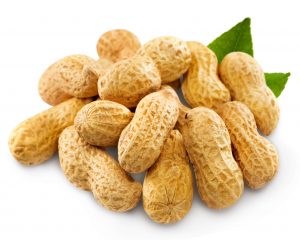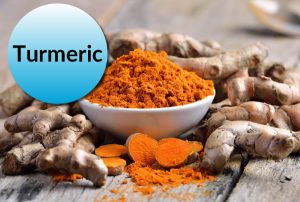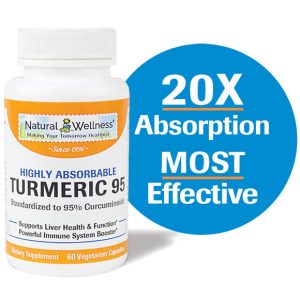

As winter melts away and the flowers begin to bloom, people everywhere breathe a deep and peaceful sigh of contentment. Well…not exactly everywhere. For those with severe pollen allergies, the coming of spring and summer is a dreadful ordeal – far worse than winter’s chilly clutches. Those unlucky millions can look forward to coughing, sneezing, itchy eyes, runny noses, and scratchy throats.
Of course, you don’t need to be pollinated to suffer an allergic attack. Indoor and outdoor allergies abound, and can be triggered by just about anything:

- Food
- Pharmaceuticals
- Latex
- Pet dander
- Insect stings
- Grass
- Mold spores
- Cockroaches
The 5 worst symptoms of such allergies include:

- hives
- low blood pressure
- breathing trouble
- asthma attacks
- and even death
If you’re allergic to any of these things, it’s easy to get depressed. Those without allergies may deride them as weakness, evidence of an inferior immune system, but allergies may in fact be a symptom of an overactive immune system.
Histamine
In most cases, an allergy is triggered by the release of histamine, a compound that causes inflammation and other common symptoms. Histamine is, in turn, triggered by antibodies called Immunoglobulin E, whose molecules are very similar to the molecules that react to animal venom and parasites.
There is a theory that our modern life is so free of toxic dangers (compared to the short, unsanitary struggles of our primitive ancestors) that Immunoglobulin E (IgE) doesn’t know what to do with itself. You know that old saying, “Idle hands are the devil’s playthings?” Well, when IgE encounters pollen or food that resembles primitive toxins at the molecular level, it overcompensates. In other words, it doesn’t matter that peanuts or tree pollen is rather benign. IgE just needs the work!
That’s one theory, anyway.
What we know for certain is that an allergy is triggered when your body reacts to a foreign substance. Allergies are the sixth leading cause of chronic illness in the U.S. and more than 50 million Americans suffer from them every year. There is no cure and reported cases seem to be on the rise.
For severe allergies, only careful management of environment and food can prevent dangerous or fatal attacks.
Less dangerous allergies, however, may find a surprising savior in one tasty eastern spice.
Turmeric Is Not Only Delicious and Nutritious…

We’ve discussed turmeric’s marvelous qualities previously in this blog. Its active compound, curcumin, is a natural anti-inflammatory. Adding turmeric to your diet may help lower the risk of heart disease, stroke, and even high cholesterol. Curcumin may also alleviate symptoms of lung disease by preventing and modulating inflammation in the airways. One 2007 study found that curcumin attenuated lung injury and fibrosis caused by radiation, chemotherapy, and toxicants.
This is promising news for those with chronic allergies or those with sensitivities to dust and other common irritants – even victims of the common cold. Curcumin reduces airway restriction and makes it easier to breathe. At least one study has demonstrated that doses of curcumin are effective and safe as an add-on therapy for treatment of bronchial asthma. Best of all, curcumin lacks the common side effects associated with many over-the-counter drugs.
Natural Wellness’s Turmeric 95 supplement, which contains 95 percent curcumin (the highest level anywhere), helps to reduce inflammation, soothe digestion, and reduce allergy and asthma symptoms. For those seeking further sinus relief, Sinus Clear is an all-natural combination of botanical extracts that not only supports healthy sinuses but also boosts your immune system.





